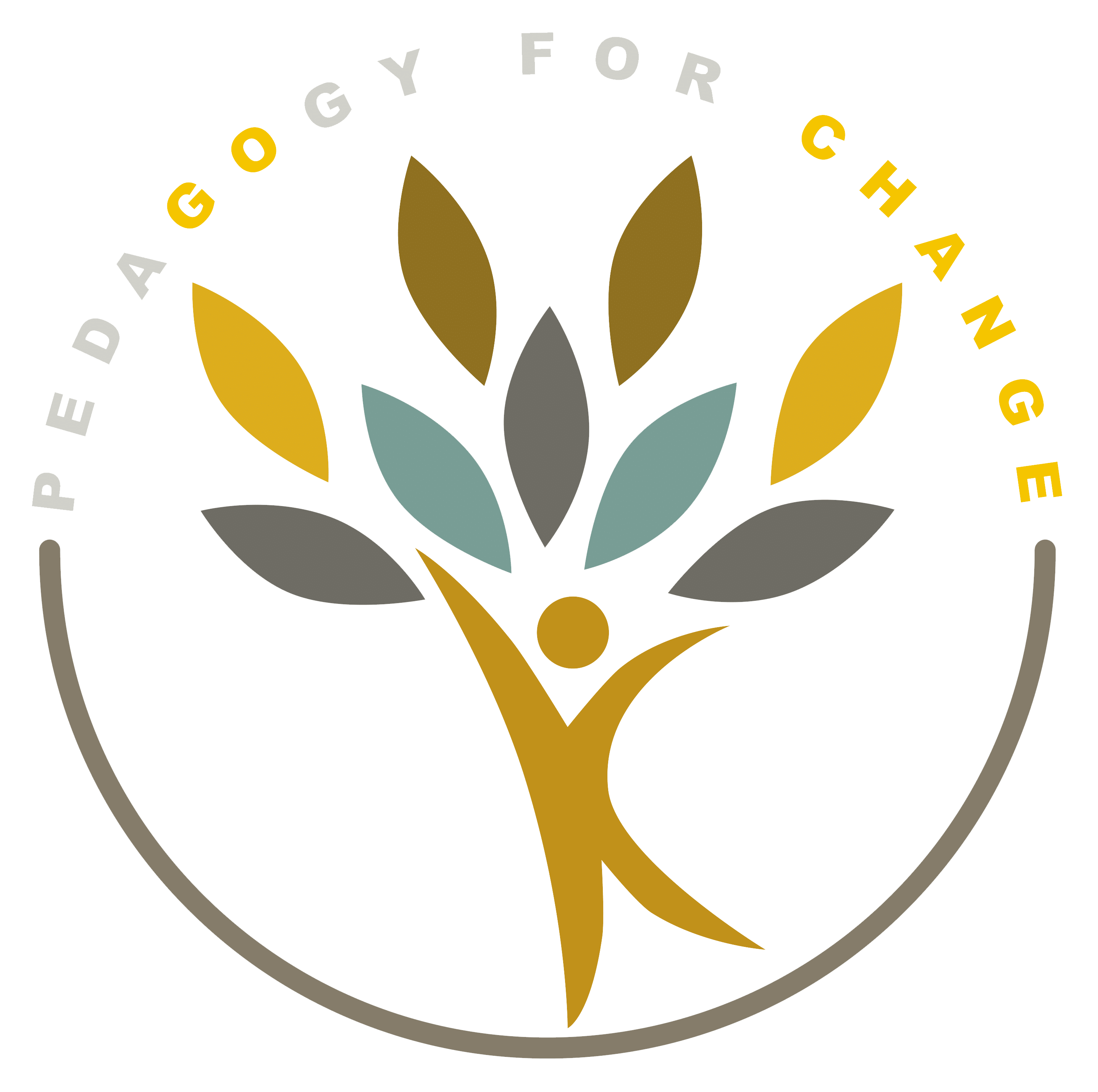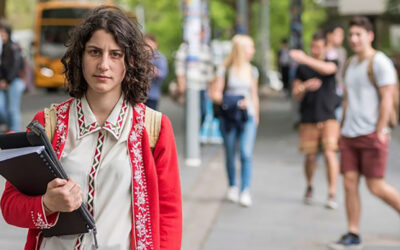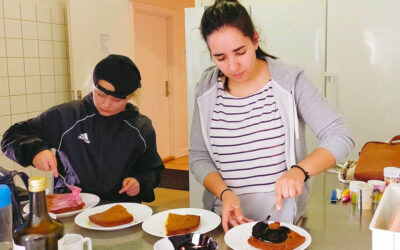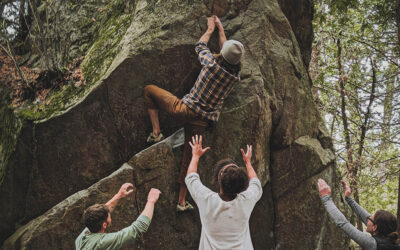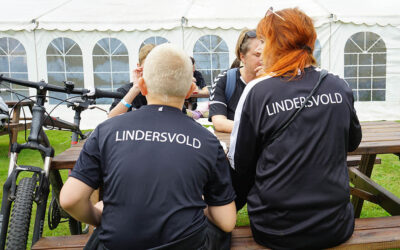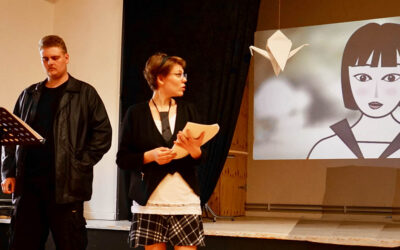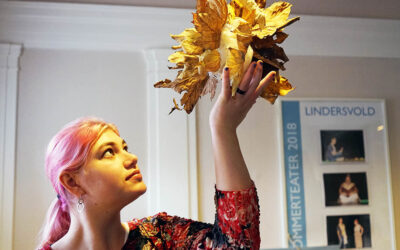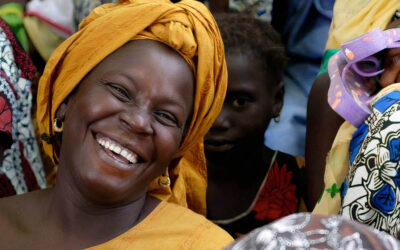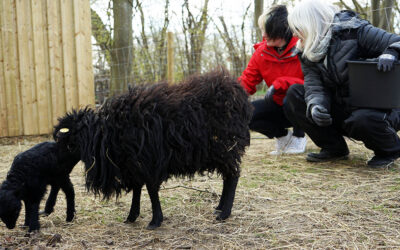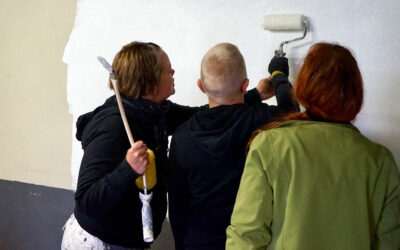

Mobilising Teachers
Never in history has an entire generation of children been educated. This fact serves as a reminder of how much more we can achieve as human race, and a challenge for governments, international aid organisations and all concerned individuals.
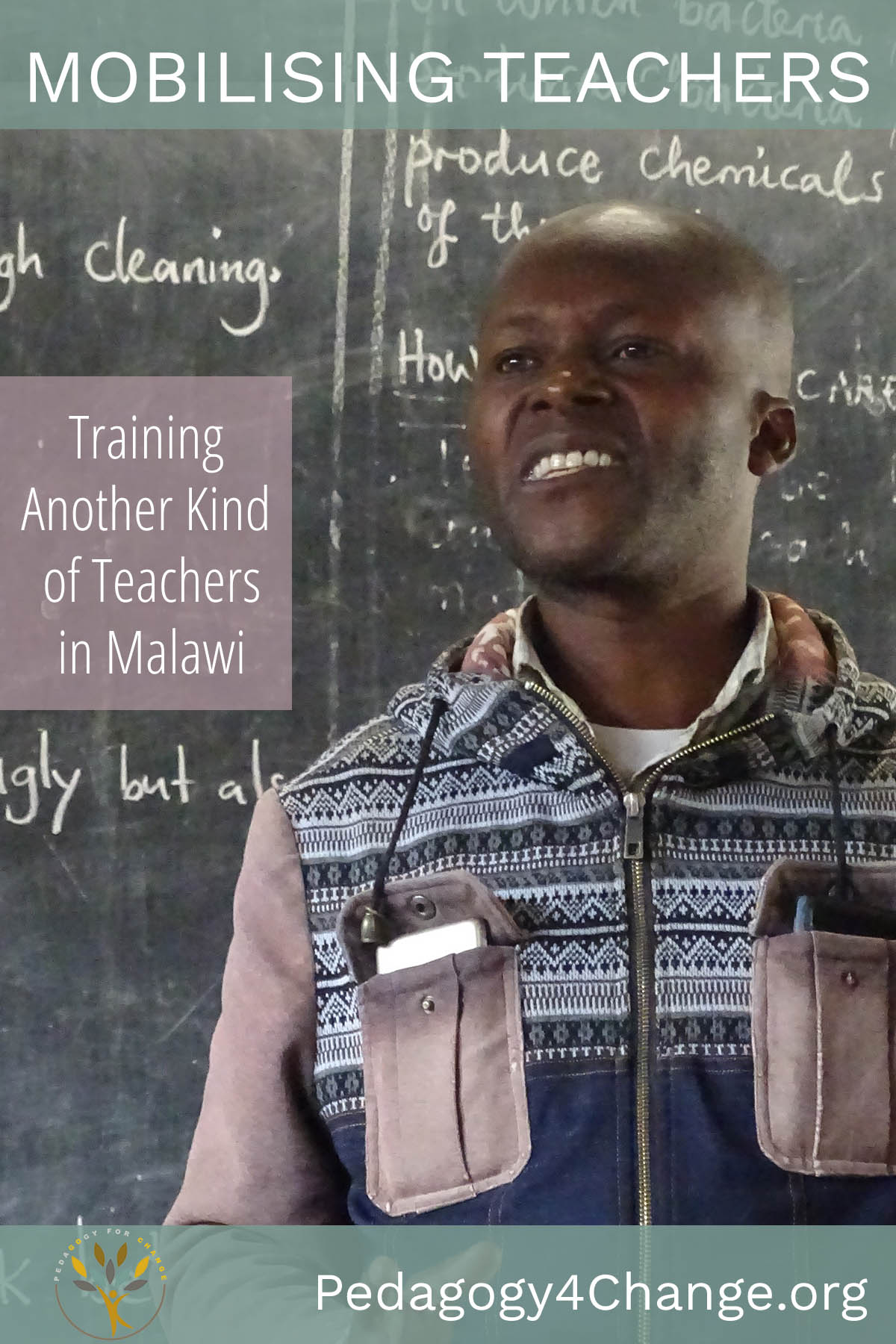
Ideally, those concerned individuals would be all of us, as education is commonly accepted as the most powerful tool towards a democratic, sustainable world of justice and equality. I would like to comment though, that it is learning in general and not education that matters the most for creating a sustainable future.
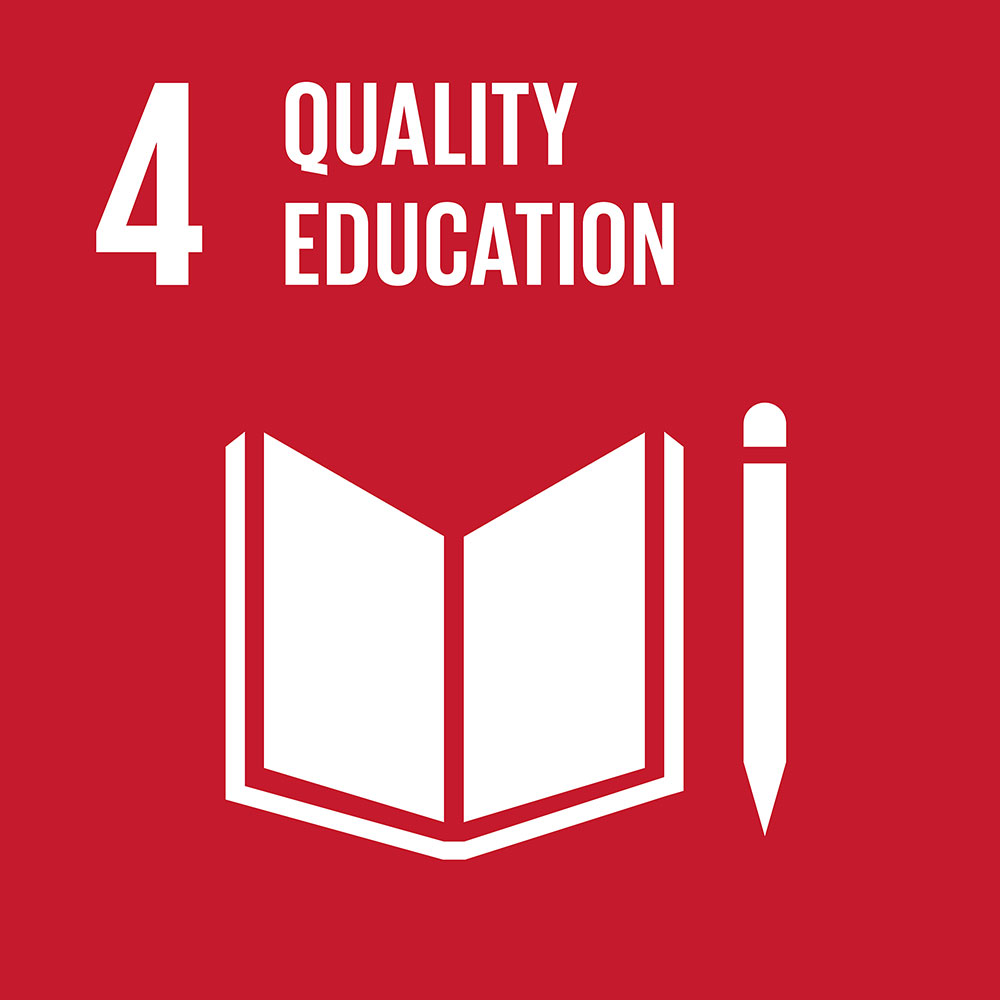
It is the engagement of the children by teachers, families and communities; the connection of learning to the global reality and the required change, as well as the development of social and emotional skills.
These skills far outweigh in importance any of the cognitive learning, or the deposit of informational knowledge. We all ought to learn tolerance, empathy and respect first, before we learn to analyse and critically think about our global challenges and solutions.
Then, we need to learn many different life skills, that would help us sustain a fruitful life in a constantly changing future. We also must adapt to our age and gain the so called “21th century skills” like critical thinking, problem solving, and digital literacy. We must develop the courage necessary for living in a seemingly hopeless world, while at the same time aflame and sustain our creativity.
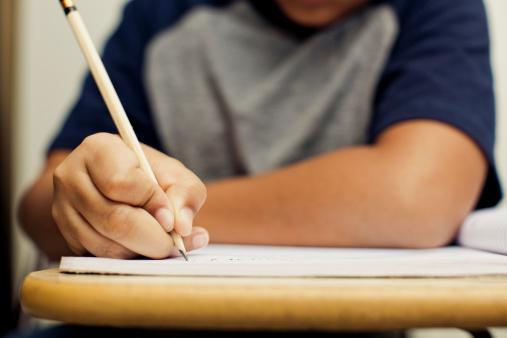
In this way, we will manage to see a way forward. Only when we manage to support and encourage the mobilization of ourselves and others, only when we manage to see both the economic and humanitarian value behind global solidarity, only then we will achieve change. But we need to know better. And the teachers among us, the concerned individuals should be the first to show the way. Teachers, we are to lead by example, and to trace the way for the ones to follow.

“We must develop the courage necessary for living in a seemingly hopeless world, while at the same time aflame and sustain our creativity.”
MORE GOOD STUFF ABOUT PEDAGOGY
How to tackle intolerance
Being an active bystander means becoming aware that inappropriate or even threatening behaviour is going on and choosing to challenge it. Collective action is the way forward.
Mónica shares her experience
Mónica just finished the Pedagogy for Change programme and we asked her to share some of her considerations and main takeaways from her experience of practising and studying social pedagogy in Denmark.
“Zone of Proximal Development” exemplified
In this blogpost, we exemplify how the theory of the “Zone of Proximal Development” can be implemented in real life when working in the field of social pedagogy.
Social Pedagogy in Denmark
Scandinavian social pedagogy is known for its holistic practice which combines “head, heart and hands” – theory, empathy, and practice. A core value is respecting the individual’s rights.
Learning through theatre
Theatre is an important pedagogical tool which provides an opportunity for us to explore realms and realities outside of the classroom, without having to travel.
Artful expression in pedagogy
Art is a pedagogical tool which provides an opportunity for everyone to work with open-ended solutions rather than striving for conventional error-free essays or science reports.
Let’s go to Malawi!
We are working on an extension of the Pedagogy for Change programme where participants can join sustainable development projects in the Global South, after their 12-month course.
The Common Third
Creating an authentic learning space through a truly interesting, shared activity, is highly beneficial. The Common Third works as an ‘equaliser’ and is an important pedagogical tool.
Social learning in practice
We are social beings and therefore learning is an intrinsically social process. Learning takes place in many kinds of arenas, some of them arranged, where we interact with others in different contexts.
